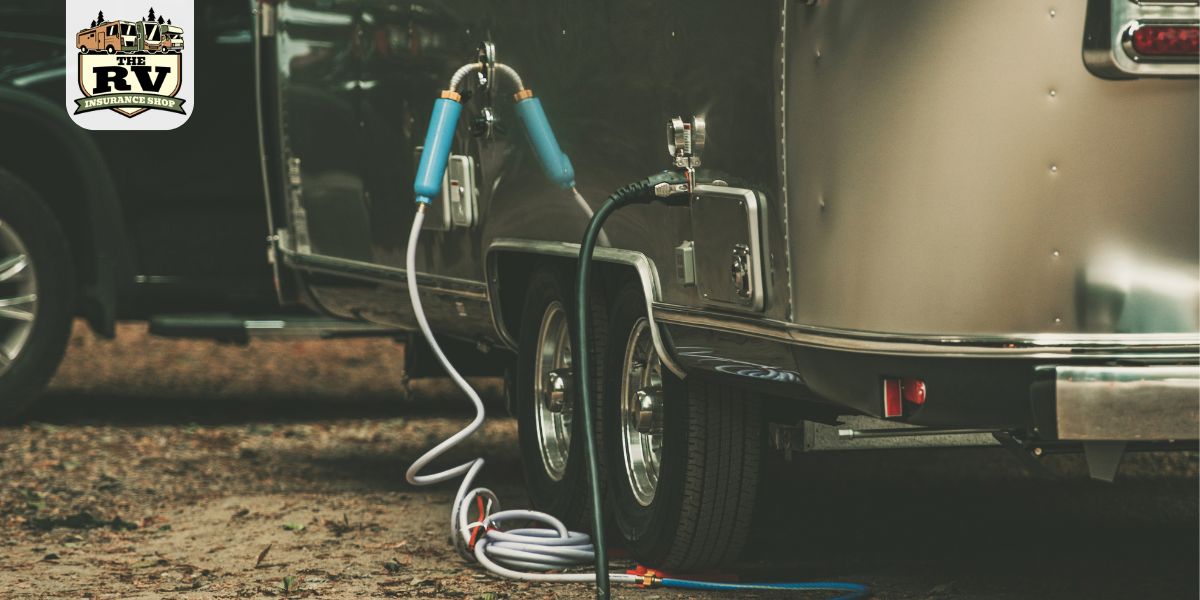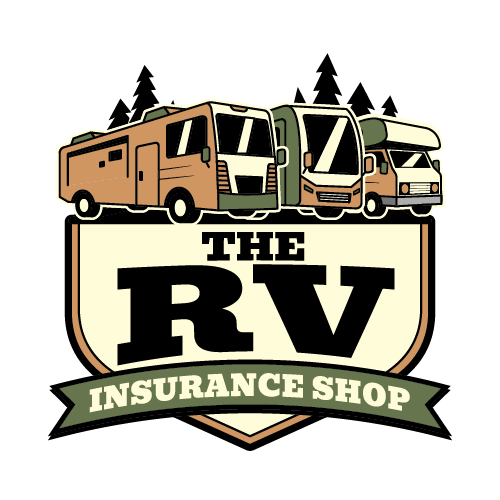How to Save Money on Your RV Insurance Premium

Owning an RV is a significant investment, and insuring it is an essential part of protecting that investment. However, RV insurance doesn’t have to be a major expense. With the right strategies, you can save money on your RV insurance premiums without sacrificing the coverage you need. In this blog post, we’ll explore practical tips and strategies to help you lower your RV insurance costs while ensuring you’re adequately protected.
Shop Around for the Best Rates
One of the most effective ways to save money on RV insurance is to shop around and compare quotes from multiple insurance providers.
- Get Multiple Quotes: Insurance rates can vary significantly between providers, so it’s important to get quotes from at least three different companies. This allows you to compare rates and coverage options to find the best deal.
- Use Insurance Comparison Tools: Online comparison tools can simplify the process of obtaining and comparing quotes from different insurers. These tools allow you to input your information once and receive multiple quotes, saving you time and effort.
- Consider Independent Agents: Independent insurance agents work with multiple insurance companies and can help you find the best rate for your specific needs. They can also provide personalized advice and answer any questions you have about coverage options.
Bundle Your Policies
Bundling your RV insurance with other policies, such as auto or homeowner’s insurance, is a great way to save money.
- Multi-Policy Discounts: Many insurance companies offer discounts when you bundle multiple policies with them. This can result in significant savings on your overall insurance costs.
- Simplified Management: Bundling your policies with one provider also makes it easier to manage your insurance. You’ll have one point of contact for all your policies, and you may be able to combine billing for added convenience.
- Better Coverage Options: Some insurers offer enhanced coverage options or additional benefits when you bundle policies, giving you more value for your money.
Increase Your Deductible
Your deductible is the amount you pay out of pocket before your insurance coverage kicks in. By choosing a higher deductible, you can lower your insurance premiums.
- Higher Deductible, Lower Premiums: Insurance companies typically charge lower premiums for policies with higher deductibles. This is because you’re taking on more financial responsibility in the event of a claim.
- Assess Your Risk: Before increasing your deductible, assess your financial situation and risk tolerance. Make sure you can comfortably afford the higher deductible if you need to file a claim.
- Consider a Separate Emergency Fund: To cover potential deductibles, consider setting aside an emergency fund. This ensures you’re prepared to pay the deductible without financial strain if an unexpected event occurs.
Maintain a Clean Driving Record
Your driving record plays a significant role in determining your insurance premiums. By maintaining a clean driving record, you can qualify for lower rates.
- Safe Driving Discounts: Many insurance companies offer discounts for drivers with a clean driving record. These discounts can lower your premiums significantly over time.
- Avoid Accidents and Traffic Violations: Avoiding accidents and traffic violations not only keeps you safe on the road but also helps you maintain lower insurance premiums. Even minor traffic violations can result in increased rates.
- Take Defensive Driving Courses: Some insurers offer discounts to drivers who complete defensive driving courses. These courses can also help you improve your driving skills and reduce your risk of accidents.
Reduce Coverage During Off-Season
If you only use your RV during certain times of the year, you can save money by adjusting your coverage during the off-season.
- Storage Insurance: During the off-season, when your RV is in storage, you may not need full coverage. Consider reducing your coverage to storage insurance, which protects your RV from theft, vandalism, and weather-related damage while it’s not in use.
- Suspend Liability Coverage: If your RV is parked and not being driven, you might be able to suspend liability coverage temporarily. However, make sure to check with your insurer to ensure you’re not violating any policy requirements.
- Resume Full Coverage When Needed: Remember to reinstate full coverage before you hit the road again. This ensures that you’re fully protected during your travels.
Take Advantage of Discounts
Insurance companies often offer a variety of discounts that can help you save money on your RV insurance premiums.
- Good Driver Discounts: Many insurers offer discounts to drivers with a clean driving record. This can be a significant way to lower your premiums.
- Loyalty Discounts: If you’ve been with the same insurance company for several years, ask about loyalty discounts. Long-term customers often qualify for reduced rates.
- Low Mileage Discounts: If you don’t drive your RV often, you may qualify for a low mileage discount. Insurers typically offer lower rates to drivers who spend less time on the road.
- Safety and Security Discounts: Installing safety features, such as anti-theft devices, alarms, or GPS tracking, can qualify you for additional discounts. Some insurers also offer discounts for RVs equipped with safety features like airbags, anti-lock brakes, and electronic stability control.
Regularly Review and Update Your Policy
Insurance needs change over time, so it’s important to review your policy regularly to ensure you’re not paying for unnecessary coverage.
- Update Coverage for New Additions: If you’ve made significant upgrades or changes to your RV, make sure your insurance policy reflects these changes. However, if you’ve removed certain features, you may be able to reduce your coverage and save money.
- Review Your Policy Annually: At least once a year, review your insurance policy to ensure it still meets your needs. Look for areas where you might be over-insured and consider adjusting your coverage to better fit your current situation.
- Compare Rates Periodically: Even if you’re happy with your current insurance provider, it’s a good idea to compare rates periodically. Insurance companies adjust their rates over time, and you may find a better deal elsewhere.
Conclusion
Saving money on your RV insurance premiums doesn’t have to be complicated. By shopping around for the best rates, bundling your policies, maintaining a clean driving record, and taking advantage of available discounts, you can significantly reduce your RV insurance costs. Regularly reviewing and updating your policy ensures that you’re not paying for coverage you don’t need while still protecting your valuable investment. With these tips in mind, you can enjoy the open road knowing you’ve got the right coverage at the right price.

